Trademark infringement is the unauthorized use of a trademark or service mark on or in connection with goods and/or services in a manner that is likely to cause confusion, deception, or mistake about the source of the goods and/or services. Trademark law is meant to protect consumers against confusion and fraud. The purpose of a trademark is to protect a word, phrase, slogan or logo, that identifies and distinguishes the goods or services of a company from those of others. Additionally, the purpose of having a trademark is to stop competitors from using your business name, product name, service name or slogan for their own business. A trademark owner who believes its mark is being infringed may file a civil action in either state court or federal court for trademark infringement, depending on the circumstances. If the trademark owner is able to prove infringement, available remedies may include the following a court order (injunction) that the defendant stop using the accused mark
- an order requiring the destruction or forfeiture of infringing article;
- monetary relief, including defendant’s profits, any damages sustained by the plaintiff, and the costs of the action; and
- an order that the defendant, in certain cases, pay the plaintiffs’ attorneys’ fees.
Copyright Infringement, unlike trademark, which has a narrow application – the protection of brand name, product name, service name or slogan – copyright has a wide scope: Any “original work” is copyrightable. A song, a film, a computer program, or a painting are all copyrightable. Copyright holders routinely invoke legal and technological measures to prevent and penalize copyright infringement. Copyright law gives the author of the work several exclusive rights:
- Right of reproduction (to make copies),
- Prepare additional works based on the initial work (known as the right to make derivative works),
- Display the work publicly,
- Distribute copies of the work to the public, and
- Perform the work publicly.
- All these rights belong exclusively to the author of the work unless he/she transfers them away. If you believe your trademark or copyright has been infringed, contact the attorneys at Methvin Terrell.
